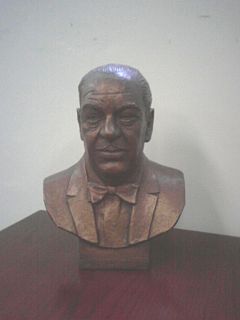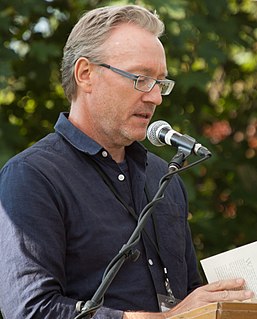A Quote by Adam Parfrey
The essay form has superceded the novel as the vehicle that best suggests the prevailing apocalyptic gestalt, and as the talisman that is most able to repel the onset of paralysing dread.
Related Quotes
A form wherein we can enjoy simultaneously what is best in both the novel and the short story form. My plan was to create a book that affords readers some of the novel's long-form pleasures but that also contains the short story's ability to capture what is so difficult about being human - the brevity of our moments, their cruel irrevocability.
The usual reproach against the essay, that it is fragmentary and random, itself assumes the givenness of totality and suggests that man is in control of this totality. The desire of the essay, though, is not to filter the eternal out of the transitory; it wants, rather, to make the transitory eternal.
Writing has to do with truth-telling. When you're writing, let's say, an essay for a magazine, you try to tell the truth at every moment. You do your best to quote people accurately and get everything right. Writing a novel is a break from that: freedom. When you're writing a novel, you are in charge; you can beef things up.
A key text for me is James Baldwin's essays. And, in particular, his essay Stranger in the Village. It's a text that I've used in a lot of paintings. The essay is from the mid-'50s, when he's moved to Switzerland to work on a novel, and he finds himself the only black man living in a tiny Swiss village. He even says, "They don't believe I'm American - black people come from Africa." The essay is not only about race relations, but about what it means to be a stranger anywhere.
The novel's not the best form for disposing ideas, though that's one thing it can do. It likely is the best form, though, for conveying the experience of us each being alone, trapped in our skulls with only these bodies and this imperfect instrument of language to convey our state and to find meaning and connection.

































